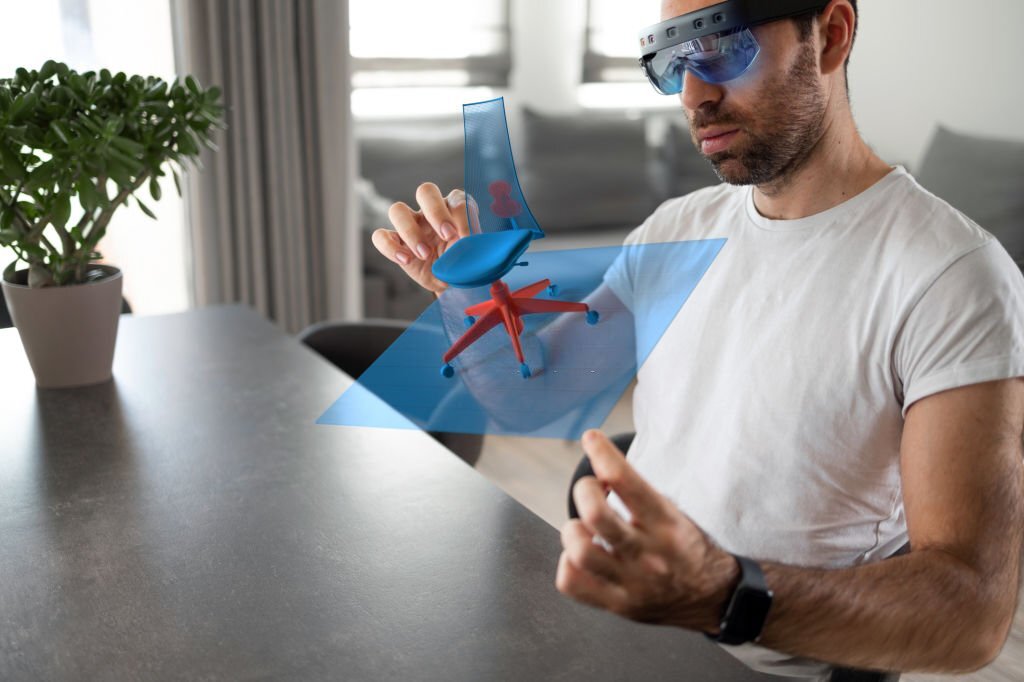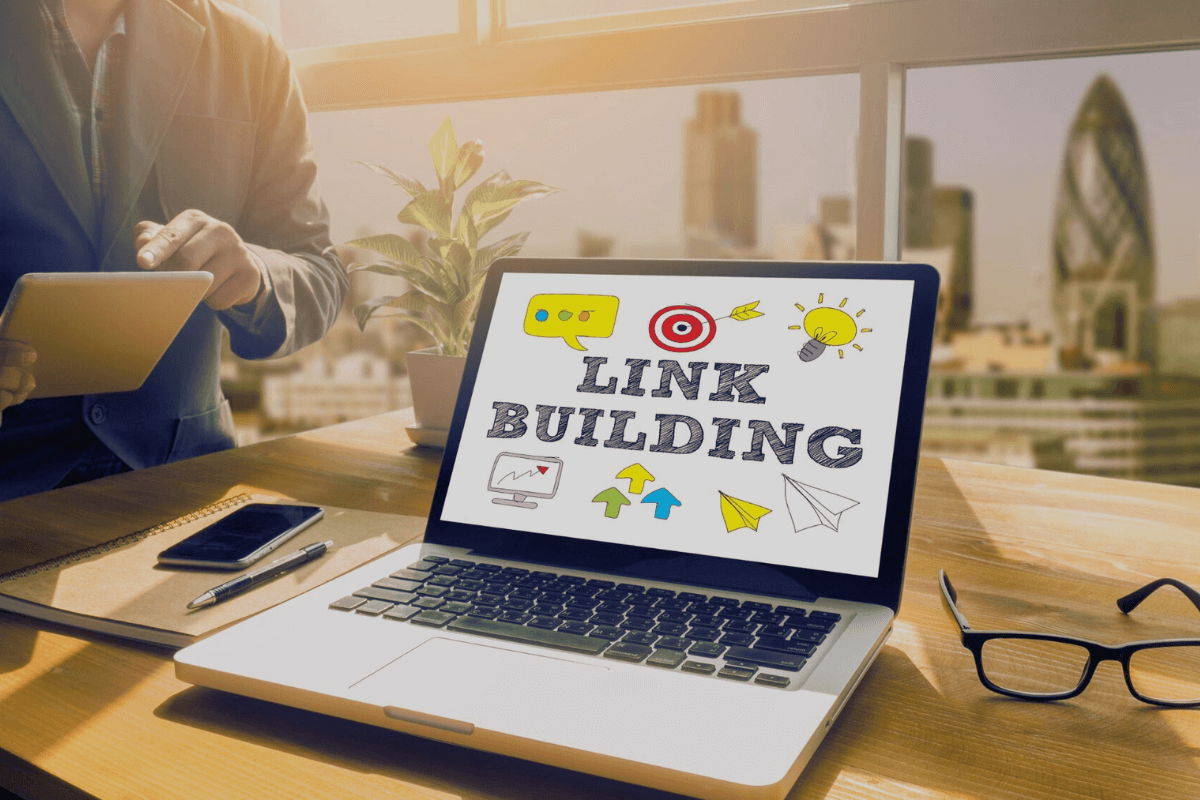Innovating HRIS: What the Next Decades Hold
Explore the future of HRM technology in innovating HRMS: what the next decades hold. Discover the latest innovations and trends in HRMS, from Ai-powered recruitment to employee experience management, and gain expert insights into what lies ahead. Stay ahead of the curve and prepare for the future of HRM.
Over the past decade, the HRIS Development industry has transformed the way businesses manage their human resources.
From the days of basic payroll processing and tracking employee data on spreadsheets, we have arrived at the era, where most of the processes have been automated.
As we leap forward in the future, the industry is braced for even more innovations in the coming years.
The next decade will bring technologies and trends that will shape the future of HRIS Development.
Current Scenario in the HR Industry
Since the pandemic, the use of technology has increased significantly in our lives. So is the case for HR professionals.
As the old 9-5 office routine is transitioned to the hybrid model, more companies have started adopting digital HR solutions to remotely manage their employee’s performance and engagement.
One of the major trends in the industry is the shift toward cloud-based solutions. It provides greater flexibility, scalability, and cost-effectiveness to HR professionals to access data and tools from anywhere and anytime.
The use of AI tools like ChatGPT and machine learning has increased in the recruitment process. It helps HR Teams identify the best candidates through resume screening, chatbots, and predictive analysis.
What Will the Future of HR Look Like in the Next Decade?
The HR Industry is likely to undergo significant changes over the next decade. We have identified some key trends and developments for you to read:
1) Increased use of AI and Machine Learning
With the advancement of AI and machine learning, we will get to see more useful and effective recruitment and HR analytical tools. HR teams would get valuable insights into factors such as candidate fit, employee engagement, etc.
These technologies can extract and analyze vast amounts of data from multiple sources, such as social media profiles, online job portals, and employee surveys.
AI chatbots like ChatGPT are used in the recruitment process for crafting job descriptions, writing emails to candidates, etc. thus helping HR to fasten the process.
2) Greater Integration with systems
The integration will be the need of the future. As HRIS becomes more interconnected, we can expect greater integration with other systems.
HR teams will be able to collaborate more effectively with other departments like, finance, marketing, and operations and allow streamlining of the process across the organization.
3) Emphasis on Data Privacy and Security
As cybersecurity risk continues to increase in the future, keeping data secure and maintaining privacy will be a necessity.
As data becomes a central figure, software developers will need to ensure their solutions comply with data protection regulations across the world.
4) Employee Well-being will be a priority
The term employee well-being has skyrocketed since the outbreak of COVID-19. Technology will play a crucial role in maintaining employee wellness.
Solutions like gamification and wearable devices will steadily grow. These systems will help to generate feedback from employees and guide employers to improve their wellness programs.
5) Digital learning and training
E-learning is growing at a faster pace with more subject knowledge learning programs available online. Work-based learning will help motivate employees and achieve their personal and professional goals.
6) Leveraging People Analytics to make decisions
HR professionals will be able to make better decisions and predict insights to improve employee engagement.
It is not only a cost-effective solution but also leverages competitive advantage. Businesses can increase productivity by identifying proper strategies to optimize their workforce.
7) DEIB will become Important
As more GenZ employees enter the workforce, businesses will have to find out a way to approach Diversity, Equality, Inclusion, and Belongingness to hire more potential candidates.
Employees would prefer to work for a company where their values are reflected. By Utilizing data analytics organizations can gain insightful insights to take decisions on policies and practices to improve DEIB.
8) Hybrid Workplace will takeover
The pandemic has changed the perspective of how we worked back in the years. Employees now are giving more priority to work-life balance than ever before.
They are ready to quit their high-paying jobs and settle for a balanced work life. Using People Analytics will help businesses to identify key decision-making points.
9) Cloud Based Technology is the Future
Cloud technology is currently influencing the world and it would continue to do so in the future. MNCs have offices all across the world.
Cloud-based HRIS will help businesses to get real-time data, which enhances engagement thus, increasing productivity.
10) Predictive HR Analytics will become routine
Hiring the right candidate and retaining them is a challenging task for any organization. Here this software comes into play.
Predictive HR Analytics provides insights into performance, behavior, the risk to leave the organization, and more. Organizations can interpret the data and take timely action on employee-related issues.
Final Thoughts
The HR Software Development Industry is transforming the way businesses manage their human resources. We would see significant innovations and development in the decade.
As an organization, it is essential to habitat with these changes and adopts the latest technologies to optimize your workforce and stay ahead of the competition.

Subscribe & get all related Blog notification.





Post your comment